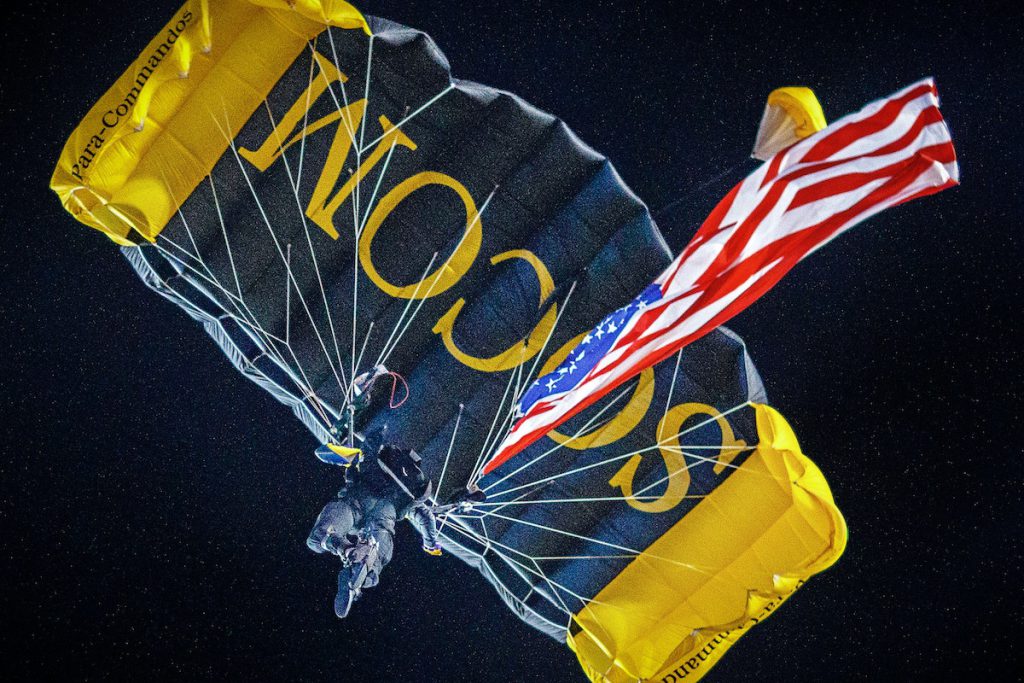U.S. Special Operations Command, responsible for some of the country's most secretive military endeavors, is gearing up to conduct internet propaganda and deception campaigns online using deepfake videos, according to federal contracting documents reviewed by The Intercept.
While the U.S. government routinely warns against the risk of deepfakes and is openly working to build tools to counter them, the document from Special Operations Command, or SOCOM, represents a nearly unprecedented instance of the American government – or any government – openly signaling its desire to use the highly controversial technology offensively.
"At a time when digital propaganda is on the rise globally, the U.S. should be doing everything it can to strengthen democracy by building support for shared notions of truth and reality. Deepfakes do the opposite. By casting doubt on the credibility of all content and information, whether real or synthetic, they ultimately erode the foundation of democracy itself.”
Meserole added, "If deepfakes are going to be leveraged for targeted military and intelligence operations, then their use needs to be subject to review and oversight.”
Provocatively, the updated capability document reveals that SOCOM wants to boost these internet deception efforts with the use of "Next generation" deepfake videos, an increasingly effective method of generating lifelike digital video forgeries using machine learning.
Ethical considerations aside, the legality of militarized deepfakes in a conflict, which remains an open question, is not addressed in the SOCOM document.
As with foreign governmental "Disinformation" campaigns, the U.S. has spent the past several years warning against the potent national security threat represented by deepfakes.
Perhaps as provocative as the mention of deepfakes is the section that follows, which notes SOCOM wishes to finely tune its offensive propaganda seemingly by spying on the intended audience through their internet-connected devices.
Though major social platforms like Facebook have rules against deepfakes, given the inherently fluid and interconnected nature of the internet, Pentagon-disseminated deepfakes might also risk flowing back to the American homeland.
"If it's a nontraditional media environment, I could imagine the form of manipulation getting pretty far before getting stopped or rebuked by some sort of local authority," Max Rizzuto, a deepfakes researcher with the Atlantic Council's Digital Forensic Research Lab, told The Intercept.
While military propaganda is as old as war itself, deepfakes have frequently been discussed as a sui generis technological danger, the existence of which poses a civilizational threat.
At a 2018 Senate Intelligence Committee hearing discussing the nomination of William Evanina to run the National Counterintelligence and Security Center, Sen. Marco Rubio, R-Fla., said of deepfakes, "I believe this is the next wave of attacks against America and Western democracies." Evanina, in response, reassured Rubio that the U.S. intelligence community was working to counter the threat of deepfakes.
Latest
-
Wegman uses biometric surveillance on shoppers, raising privacy concerns
-
UK ordered agents to find UFO tech in bombshell 1990s secret files shocker | New York Post
-
Private equity barons target savers in hunt for ‘the perfect bailout’
-
Giant structure discovered deep beneath Bermuda is unlike anything else on Earth | Live Science

